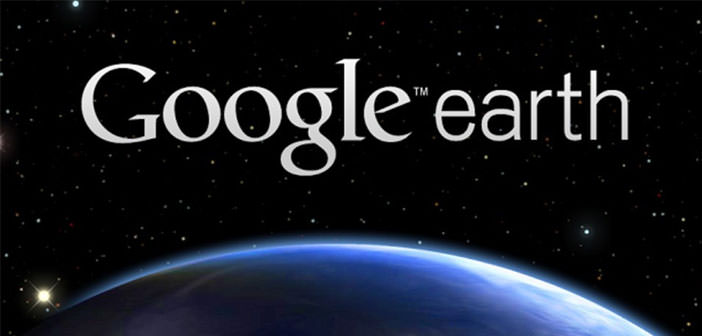The project Google Earth Timelapse allows to retrace the last 32 years the evolution of planet Earth in a matter of seconds.
Google Earth Timelapse is one of those projects that in a few seconds allows us to have clear ideas about some phenomena that are taking place on Earth. It allows you to ” bring back ” the clock of the Earth and see in seconds what has happened in recent years in our planet.
In 2013, Google was working with the USGS (US Geological Survey), NASA and TIME to make a chronology of all captured images via satellite from 1984 until 2012; and in recent hours the project has been updated with more recent images.
Google has added ” four more years of images, petabytes of new data and an even sharper view of the Earth in the time period that ranges between 1984 and 2016 “. The new figures are not just ” new ” : combining the new results to the old Google database has managed to also improve the quality of images of the past thanks to the Global Landsat Archive Consolidation Program.
The company has thus filtered images from five different satellites taking the sample the best of the ” three quadrillion pixels ” to create 33 images of the Earth, one for each year.



The new images are already on Google Earth Engine, where the Timelapse page looks similar to the traditional Google Earth service, but enriched with an interactive timeline where you can select at any time the year of the images to be played and a play button to retrace the last 32 years in quick succession at every point of the Earth.

